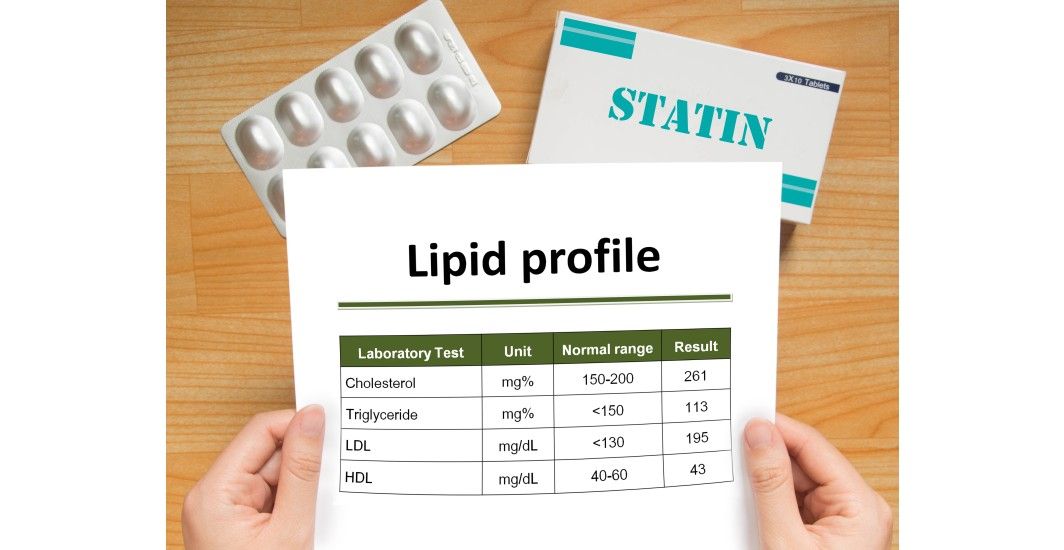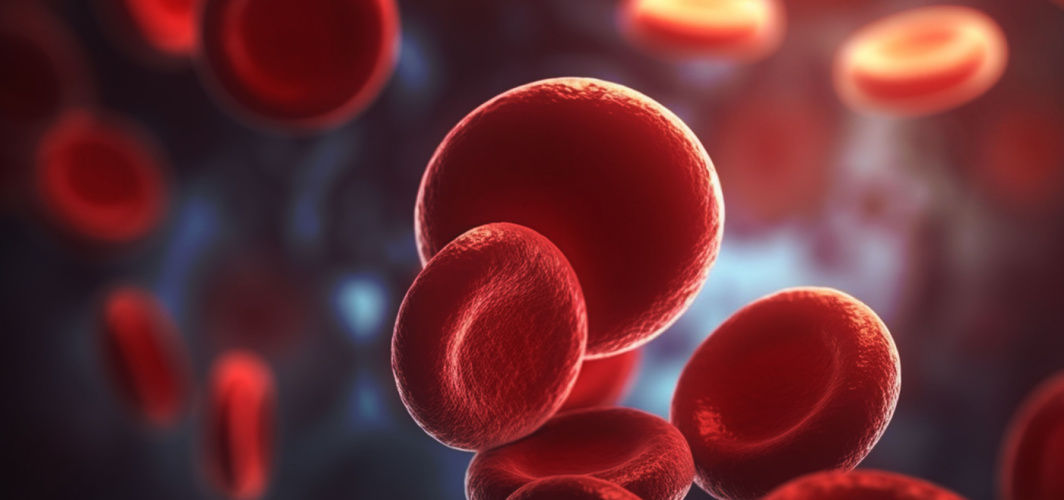General Health
The Role of Zinc in Promoting Better Health
5 min read
By Apollo 24/7, Published on - 01 September 2021, Updated on - 13 March 2023
Share this article
1
178 likes

The human body requires both macro and micro-nutrients to maintain the functioning of the brain, muscles, bones, skin, and immune system. While macronutrients are required in excess amounts, micronutrients such as vitamins and minerals are equally important for the healthy development of the body, disease prevention, and overall well-being. Zinc is one such micronutrient that is extremely necessary for the functioning of genes, cell development, and replication.
1. Why is zinc necessary for the body?
Zinc is a trace mineral, which means it is required in small amounts but still carries out important functions in the body, including:
- Improving immune function: The body requires zinc to form and activate T-lymphocytes, a type of white blood cell that fights infections. Low zinc levels depress the immune function, increasing the risk of developing pneumonia in children and elder people.
- Accelerating wound healing: Studies indicate that zinc helps in maintaining skin health, treats skin ulcers, and speeds up the process of wound healing. Zinc helps in the repair of the skin membrane, tissue re-epithelialization, coagulation and reduction of inflammation and oxidative stress to promote better healing.
- Preventing and treating diarrhoea: Diarrhoea can result in severe dehydration and even death in children. Zinc deficiency is known to increase the susceptibility to infections, resulting in diarrhoea, especially in children. Hence, the World Health Organization and UNICEF recommend children suffering from diarrhoea consume zinc supplements for 10 to 14 days to reduce the symptoms and duration of the disease.
- Treating the common cold: Consuming zinc lozenges or syrup can help in accelerating recovery and reduce the symptoms of the common cold.
- Delaying age-related macular degeneration (AMD): AMD is an eye disease that results in gradual vision loss. A large-scale study indicated that daily consumption of 80 mg of zinc along with vitamin C, vitamin E, and copper for 6 years reduces the risk of vision loss and slows down AMD progression in people who were at high risk of developing advanced AMD.
2. How much zinc is required by the body regularly?
The recommended dietary allowance for zinc is 8 mg for women, 11 mg for men, and 8 to 11 mg for children (those under the age of 18 years). Pregnant women need 11 mg of zinc throughout the gestation period while the requirement increases to 12 mg during lactation.
3. What are the food sources of zinc?
While plant-based diets may not deliver the requisite amount of zinc the body needs, it is abundantly present in animal-based foods. Some of the food sources of zinc include:
- Seafood such as crabs, lobsters, and oysters
- Chicken and red meat
- Dairy products and poultry
- Beans
- Nuts such as almonds
- Whole grains
- Fortified breakfast cereals.
4. What are the signs of zinc deficiency?
Zinc deficiency can slow down the growth in infants and children, delay sexual development in adolescents, and cause several health problems in adults. Some of the signs of zinc deficiency include:
- Slow growth in infants and children
- Development of rash around the eyes, nose, mouth, and on buttocks (in infants)
- Loss of appetite
- Impaired immune function
- Hair loss
- Diarrhoea
- Skin sores
- Blurry vision
- Weight loss
- Loss of appetite
- Delayed wound healing
- Decreased ability to taste
- Reduced production of sex hormones (hypogonadism) in males
- Infertility
- Reduced attentiveness and difficulty in concentration.
The presence of these symptoms alone does not conclude zinc deficiency and hence, a doctor must be consulted for further investigation.
5. Who is at risk of developing zinc deficiency?
Anyone can develop zinc deficiency but people who are at increased risk include:
- People who follow a strictly plant-based diet
- Pregnant and lactating women
- Infants who are exclusively breastfed till 7 to 12 months of age
- People suffering from sickle cell disease (presence of faulty red blood cells)
- People who have undergone gastrointestinal surgery or suffer from digestive disorders such as ulcerative colitis, Crohn’s disease, and short bowel syndrome.
6. Should we take zinc supplements?
It is possible to get the required amount of zinc from natural and fortified sources, but in some cases, zinc supplements may be prescribed to fulfil the need. Zinc supplements must be taken only after consulting a doctor as they can interfere with other medicines. Some of the medications that may interact with zinc supplements include:
- Antibiotics: Consuming zinc supplements while taking antibiotics such as tetracycline or quinolone can reduce the efficacy of both zinc and the antibiotic.
- Penicillamine: Penicillamine is used to treat Wilson’s disease (excess copper deposition in the body) and rheumatoid arthritis. Zinc supplements can reduce the absorption and efficacy of penicillamine in the body.
- Diuretics: Thiazide diuretics such as chlorthalidone and hydrochlorothiazide are used to treat high blood pressure. Thiazide diuretics can release excess zinc in the urine, resulting in zinc deficiency.
7. Does excess zinc result in toxicity?
Excess consumption of zinc can result in both acute and chronic toxicity. Acute zinc toxicity can lead to nausea, vomiting, loss of appetite, cramps in the stomach, diarrhoea, and headaches. On the other hand, the intake of 150 to 450 mg of zinc every day can result in chronic toxicity. Chronic toxicity can result in reduced copper levels, a weak immune system, and low levels of high-density lipoproteins (HDL cholesterol or good cholesterol).
According to Dr Jeya Suriya, a general physician associated with Apollo 24|7, “it is always advised to take medication post consulting with a doctor. This is because a doctor has to consider certain factors such as the age of the patient, any prior medication they must be taking, and the contraindication of the drug, before prescribing any medication. Henceforth, it is advisable to take medication after doctor advice only.”
Conclusion
Zinc is an essential nutrient that supports growth during childhood and maintains the functioning of the immune system. Low zinc levels can increase the risk of developing several infections, especially in children and elder people. Dietary zinc supplements may be recommended to people at high risk of developing a zinc deficiency. People experiencing signs of zinc deficiency must consult their doctor for early diagnosis and prompt treatment.
General Health
Leave Comment
Recommended for you

General Health
Cholesterol Test Vs. Lipid Profile Test Packages
Understand the difference between the cholesterol test and lipid profile test packages. Compare their benefits, components, and which one is right for your heart health.
_0.jpg?tr=q-80)
General Health
Alanine Aminotransferase (ALT/SGPT), Serum Test - Normal Range, Purpose, Procedure And Results Interpretation
Understand the Alanine Aminotransferase (ALT/SGPT) Serum Test, including its normal range, purpose, procedure, and how to interpret the results to assess liver health.

General Health
Blood Disorders: Types, Symptoms & Treatments
Learn about different types of blood disorders, their symptoms, and the latest treatments available. Stay informed and take control of your blood health!
Subscribe
Sign up for our free Health Library Daily Newsletter
Get doctor-approved health tips, news, and more.
Visual Stories

The Best Exercises for Controlling Blood Sugar Levels
Tap to continue exploring
Recommended for you

General Health
Cholesterol Test Vs. Lipid Profile Test Packages
Understand the difference between the cholesterol test and lipid profile test packages. Compare their benefits, components, and which one is right for your heart health.
_0.jpg?tr=q-80)
General Health
Alanine Aminotransferase (ALT/SGPT), Serum Test - Normal Range, Purpose, Procedure And Results Interpretation
Understand the Alanine Aminotransferase (ALT/SGPT) Serum Test, including its normal range, purpose, procedure, and how to interpret the results to assess liver health.

General Health
Blood Disorders: Types, Symptoms & Treatments
Learn about different types of blood disorders, their symptoms, and the latest treatments available. Stay informed and take control of your blood health!